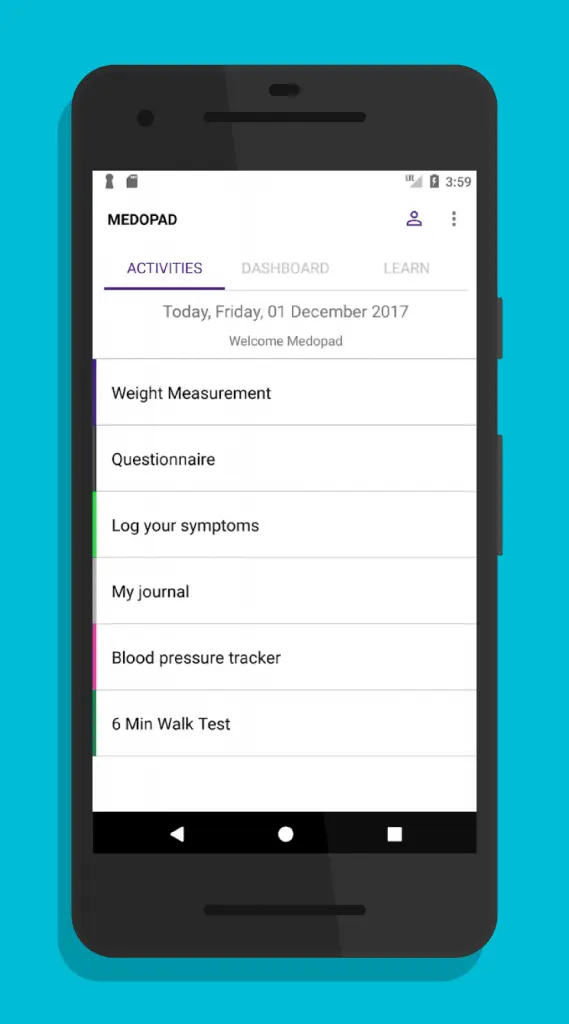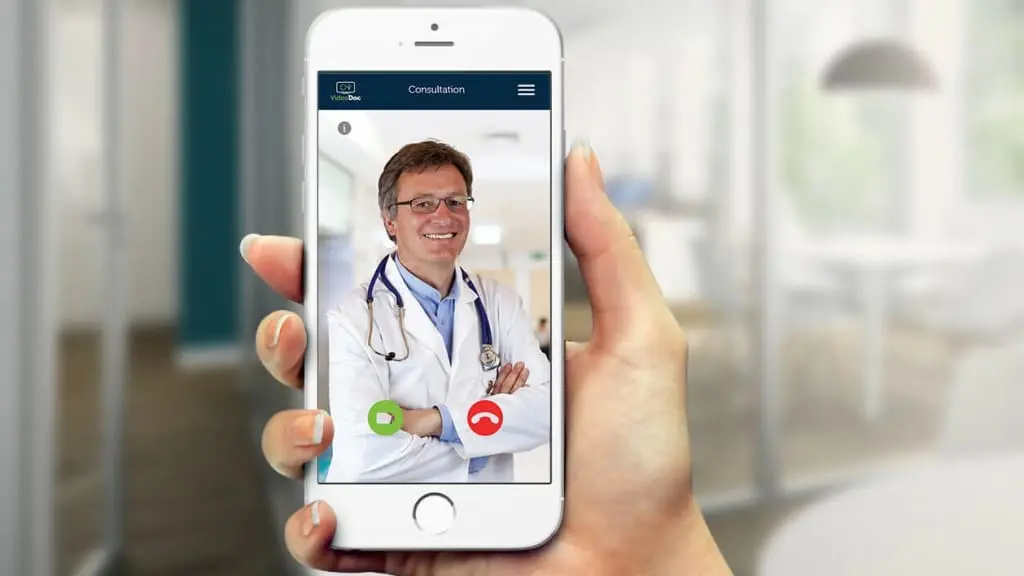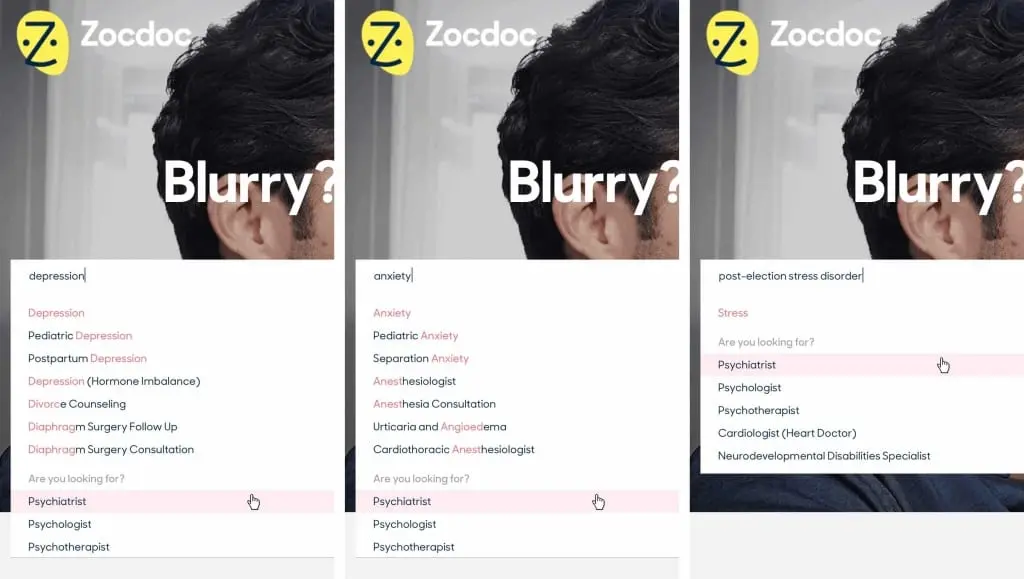The Digital Future Of Healthcare. How Startups Will Heal a Sick System
16.03.2018 | 5 min read

The statistics are inexorable. In 2050, the global population will reach 10 billion – and it will be an old population. The number of people aged 60 years and older will rise from 900 million to 2 billion between 2015 and 2050. It’s just that now healthcare system doesn’t work right. If we believe in a healthy planet, we must open ourselves to a digital revolution in medicine.
Healthcare problems aren’t an issue only in third world countries. For example the issue of health service has dominated the Brexit campaign in UK and the presidential campaign in USA. In the past decade, healthcare reforms focused on providing people with better access to healthcare. Access was what counted, but the system was still outdated. Now, in the digital era, we have a chance to change the core of it.
Healthcare is such a bloated and bureaucratic industry that, at first glance, it might seem immune to disruption by innovators. Thankfully, there are a few startups which want to fight for our future. Let’s take a look at them.
1. Medopad: A Personalized Care Experience
Medopad uses remote patient monitoring applications, mobile technology and advanced data analytics to deliver a personalized care experience. The company produces a data-capture platform that connects patients and healthcare professionals in real time. Patients can continuously capture data through a variety of devices and transmit the data to healthcare professionals, who can analyze the information and intervene as required.

Medopad supports Android, iOS, and Watch OS
The London-based startup was one of a handful of companies that joined Theresa May on her recent trade mission to China, where it announced more than £100 million in trade deals with leading Chinese organizations. Medopad was founded in 2011 and has since secured a total of $28 million (£20.3 million), including $26 million (£18.8 million) from a Series A round in February 2018. It aims to raise $120 million (£87 million) in equity capital over the coming months.
2. VideoDoc: See a Doctor at the Tap of a Button
VideoDoc offers an online consultation service that promises to let patients see and speak to GPs through their smartphone or computer in under two minutes. This waiting time, it claims, is shorter than in any other online doctor tool. Patients can download the app and request to immediately see a doctor at the tap of a button. They then provide information on their health, the preferred pharmacy and a preferred method of payment. Following the consultation, patients receive a discharge summary, which includes a review of the doctor’s advice and information on any prescriptions. The company was founded in 2014 and the next year it launched in Ireland, where it has now attracted more than 150,000 registered users. In June 2017, VideoDoc was approved by the Care Quality Commission for use by patients in England, Scotland and Wales.

Patients can download the app and see a doctor at the tap of a button
3. Flatiron Health: Google-backed Help for Cancer Clinics
Google Ventures-backed Flatiron Health has developed a cloud-based technology platform that’s currently used by about 260 cancer clinics. The New York City startup takes the patient data it collects from those centers – without any identifying details, of course – and shares it with pharmaceutical companies and researchers. The company raised an $8 million series A round in 2013. A little more than a year later, it raised $130 million and a year after that, an additional $175 million, bringing its valuation to about $1.2 billion. Flatiron is one of fewer than a dozen billion-dollar unicorn companies in the healthcare space.
» Check out our case study of GlucoseMama – an app which connects pregnant mothers and medical experts
4. Zocdoc: Smart Appointment Booking
New York City-based Zocdoc allows users to find in-network healthcare providers, book appointments online and read reviews from other patients. About 6 million patients in the U.S. use the service each month. Providers pay a subscription fee to be listed, and then Zocdoc integrates with their practice management software. Zocdoc recently added a feature that lets patients type in their symptoms using natural language and then matches them with an appropriate provider, such as a doctor, dentist, nurse practitioner, or physical therapist. The company has raised a total of $223 million.

Zocdoc lets patients type in their symptoms and then matches them with an appropriate provider
You Don’t have to Push at Open Doors – Modify!
Of course, there are just some examples. I do believe that startups will become part of the game with their technologies and – in the days to come – they will use the app industry to change a sick system. Look, Uber doesn’t train a new fleet of drivers to be nice or even promise to provide a cheaper ride. Uber and Lyft use technology to provide a platform where the drivers self-organize. We can expect the same situation in healthcare!
The app industry will change a sick system
I suppose that the problem is not the number of doctors, but the access to them. Digital technology can change it. We have many examples in which digitization wins with the bureaucratic hell. We don’t have to push at open doors here, we have an idea that needs to be modified for the medical universe.
In Digital Healthcare, Only Technology is Key to Progress
The future of healthcare will be the healthcare tailored for me. There, empowered patients will receive anticipatory services personalized to the segment-of-one. In healthcare – like in many industries – technology is driving the game. However, technology is a moving target. I’m convinced that every reform of the health system should start with a Technological Revolution.
Maybe we will be treated by robots in the future, but for now, we should use tools that we keep in our hands. All these digital technologies make our healthcare better. They will slash costs, boost efficiency, improve clinical outcomes and make communication more friendly.
Digital HealthCare is one of the industries 10Clouds focuses on. We are a top mobile application development company in Poland, so if you want to build your own product, check out our case studies and contact us!



